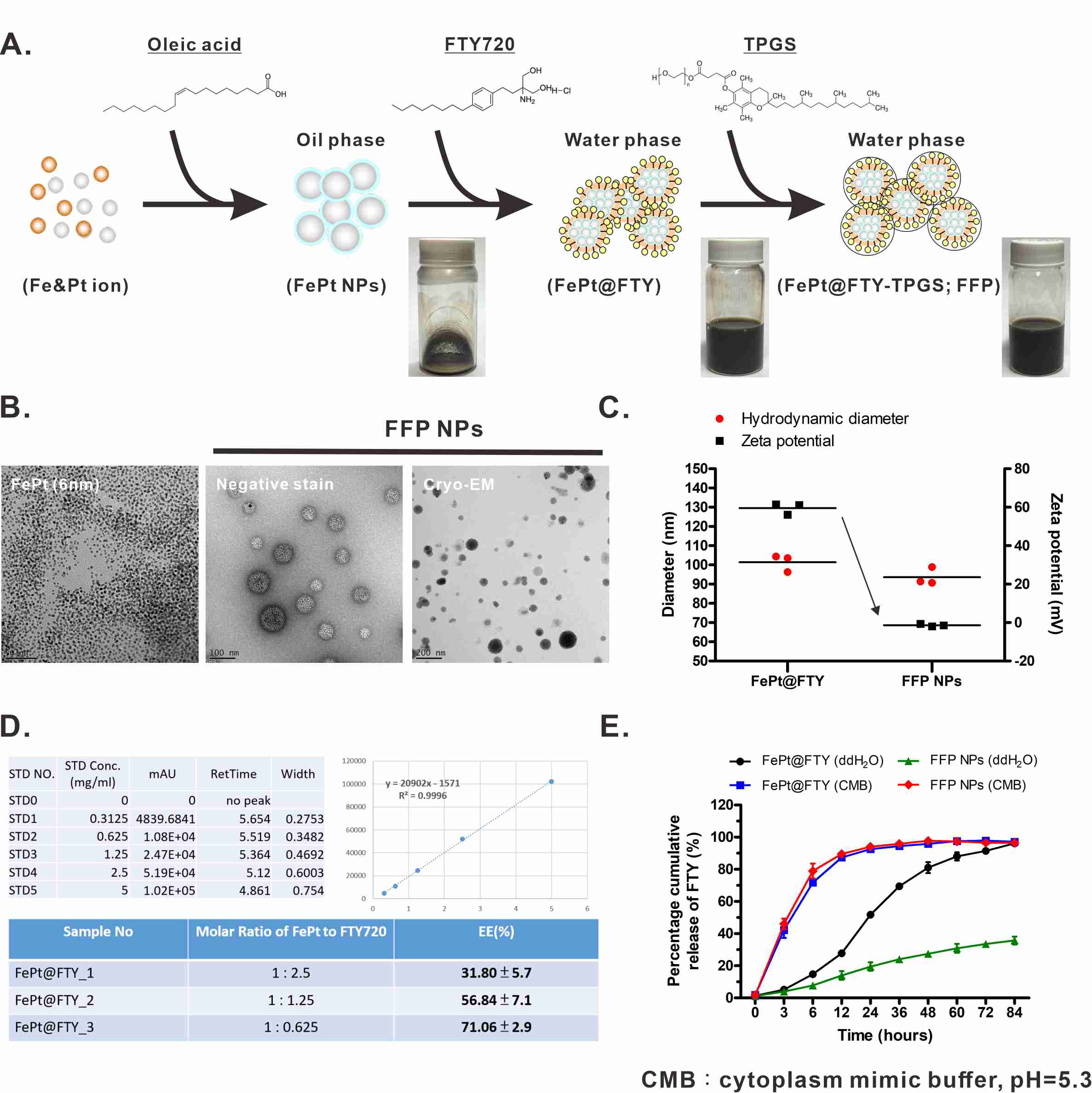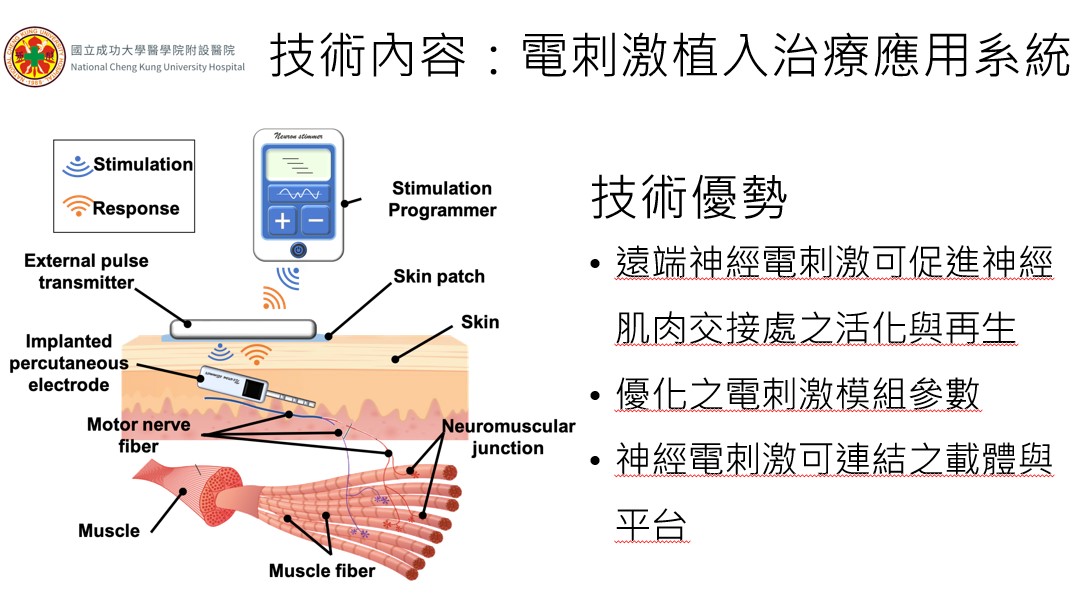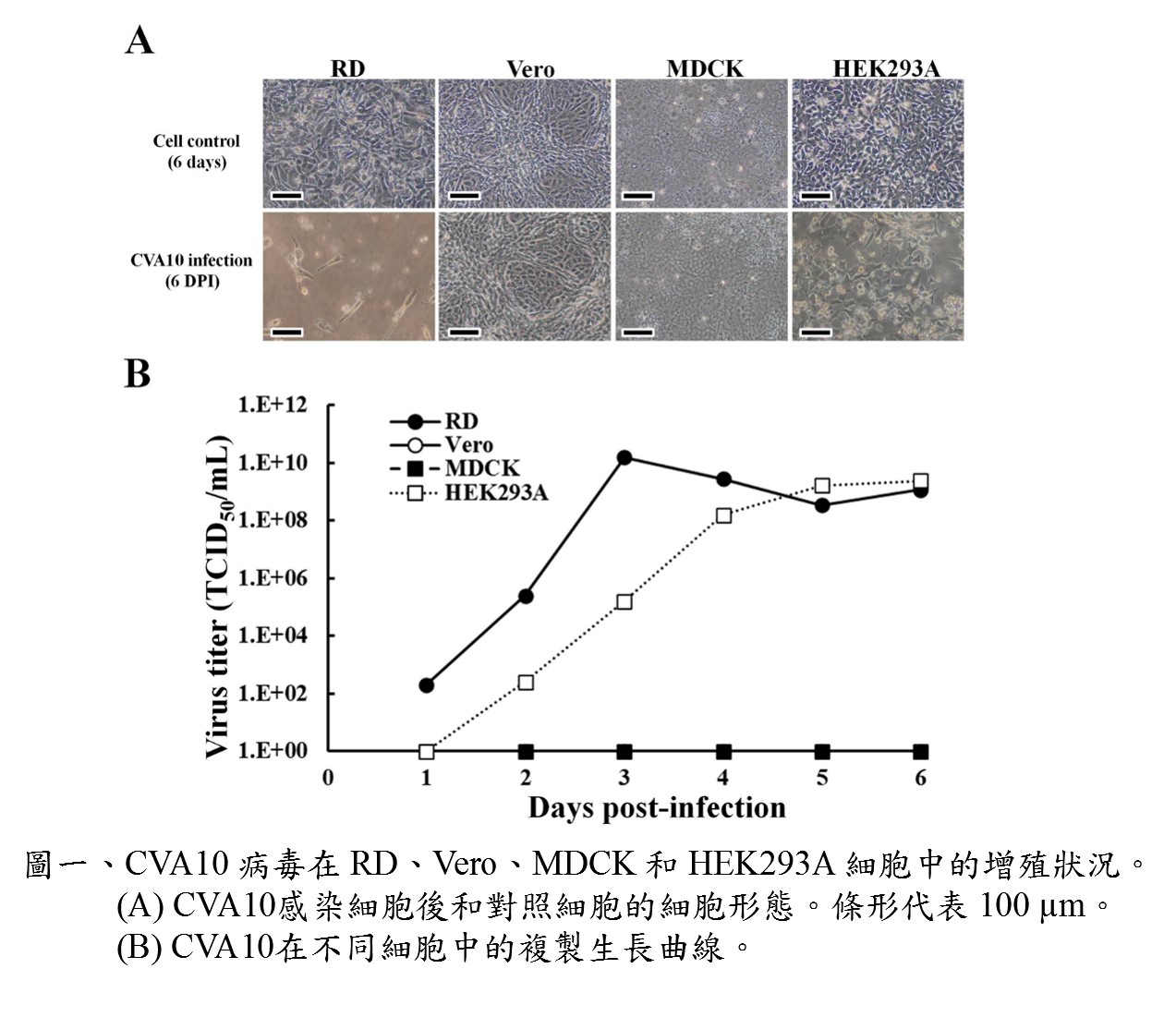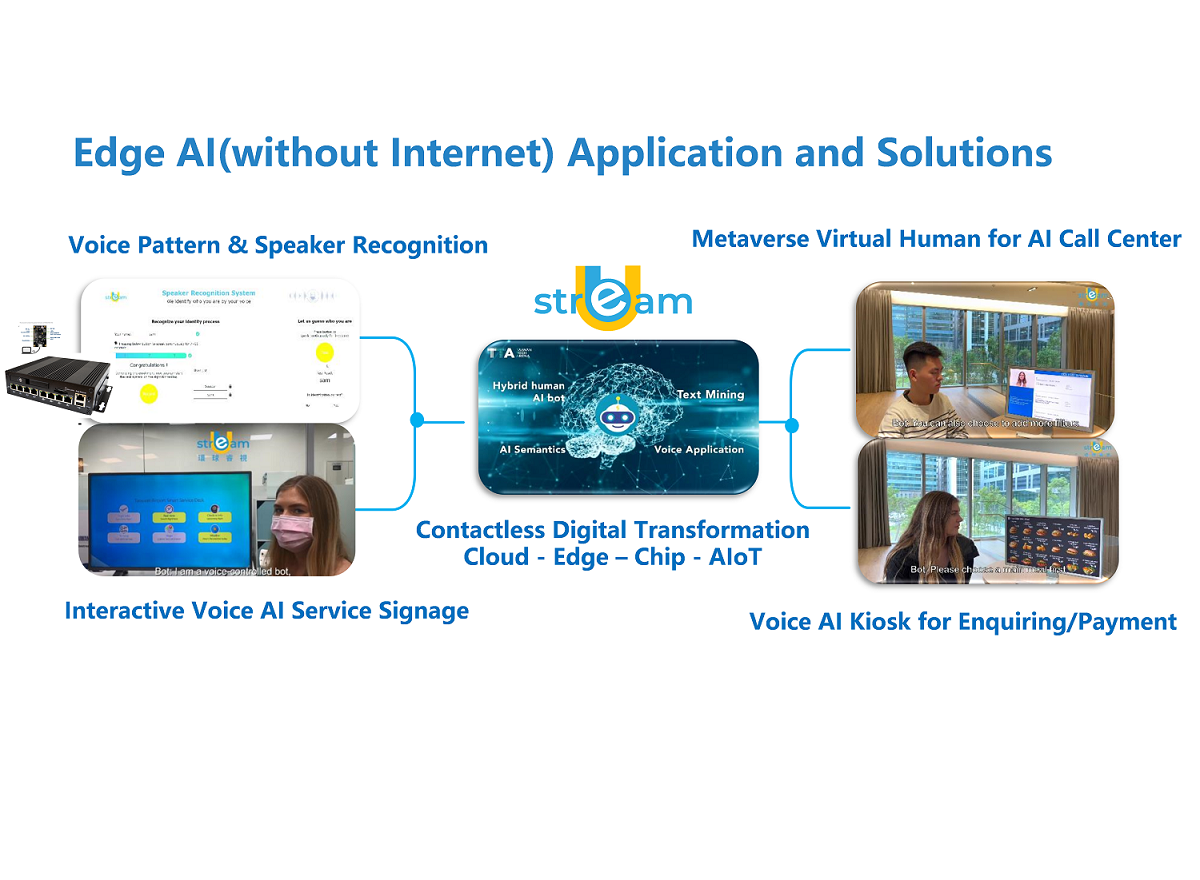Development of Novel Nanocomplex FFP for Nano-Radioimmunotherap y Application


According to our previous investigation, iron-platinum nanoparticles (FeP
t NPs) have promising applicability in cancer diagnosis and therapy due to
the excellent biocompatibility and dual imaging of CT/MRI. Furthermore, f
or clinical practices, FePt NPs have the ability to overcome resistance to se
veral treatments such as radio- and tyrosine kinase inhibitor (TKI) therapy,
which endows the potential capability for translated nanomedicine. In our
study published in 2021, as compared with control cells, FePt NPs was fou
nd to be accumulated more efficiently in human copper transporter 1 (hCt
r1) overexpressing cancer cells which exhibited a radiotherapy resistant p
henotype. The combination of X-ray and FePt NPs can amplify the therape
utic efficacy of ionizing radiation, which is mediated by mitochondrial da
mage induced ROS burst in vitro and in vivo. In addition, under the suppo
rt of MOST (MOST 110-2314-B-006-017), we found another functionalityof FePt NPs to be a novel ferroptosis-inducer which holds great promising
to treat mesenchymal drug tolerant persister cells (DTPC) in non-small-cel
l lung cancer (NSCLC) harboring epidermal growth factor receptor (EFGR)
mutations. Although FePt NPs have great potential for therapeutic applica
tion, there are some obstacles should be overcome such as natural hydrop
hobicity, poor liquid dispersion, and tumor targeted capability. Recently, w
e have developed a novel nanocomplex (FePt@FTY-TPGS) with FTY720, a
n antagonist of sphingosine-1-phosphate 1 receptor , attached and TPGS
encapsulation without affecting the inherent magnetic properties. Well di
spersion in liquid phase and a superior cell killing efficacy of nanocomplex
than raw FePt NPs inspired us to explore the related capability for nano-ra
dioimmunotherapy as well as the mechanism of action (MOA) in our estab
lished intra-arterial (IA) administrated mice and canine clinical models whi
ch all indicated the great potential for further cancer disease treatment.
Academic and research units

Development of an Implantable Bioelectronic Platform for the Peripheral Neuromuscular System Regeneration

Development of HEK293 cell culture process for Coxsackievirus vaccine pr oduction

AI semantic voice non-contact digital transformation application solution

Development of Key Components for Intelligent 5-Axis Machine Tools
Technology maturity:Experiment stage
Exhibiting purpose:Display of scientific results
Trading preferences:Negotiate by self
Coming soon!